
OR
Prime Minister KP Sharma Oli’s and his cabinet colleague, Minister for Information and Communication Technology Gokul Baskota’s unrestrained tirade is projecting the government as being intolerant to all forms of criticism. This is a matter of deep worry for Nepal’s international image and democracy. In a televised show Wednesday night, Prime Minister appeared to denigrate Nepal’s intellectual communities and journalists. In Janata Sanga Pradhanmantri program aired by Nepal Television, he accused the intellectual community of making “uncivilized and cheap comments” against him and his government and threatened to respond in a way intellectuals will be crushed down (thala parne). They should be careful about what will happen to them if the “truth comes out”, he warned. Prime Minister’s remarks are vague in terms of who actually he is targeting at. But it is clear that he has in mind those, including media persons, who have been criticizing the government for failing, or not doing enough, to ensure minimum level of good governance and rule of law.
The government spokesperson and his communication minister Baskota seems to be crossing the limits. He has been repeatedly threatening private media against publishing materials critical of the government: He has attempted to impose censorship on state-owned media, accused private media of producing “fake news,” and in the latest series of tirade, he has warned that if the private media do not heed the government warning they might face the fate of “News of the World”—the British newspaper that was closed down in 2011 following ugly scandals and controversies. Baskota’s message is clear: Nepal’s media should stop writing and publishing materials critical of the government and government ministers. Prime Minister Oli and Baskota are exposing themselves with uncalled for anti-media and anti-intellectual remarks.
This clearly smacks of authoritarian tendencies, which must be checked immediately. “Civil liberty, fundamental rights,” and “complete press freedom” are at the core of preamble of our constitution. In a democracy, there are debates and public criticism. To expect the public, media, civil society fraternity and intellectual community to sing praise of the government and prime minister is to display narcissism and signals tilt toward authoritarian curve. It bears reminding the prime minister that Nepali media have not only criticized him. He was praised when his cabinet took some good decisions in the first few months. He has been criticized now because he failed to implement those decisions and his administration is seen to be backtracking on several of them. Criticism, arguments, counter-arguments and debates are basic characteristics of democratic politics. The actors who fail to internalize this fact risk losing their democratic credentials. Prime Minister should mind his words and direct his subordinates to do the same. Every word of a head of the government matters. He should be aware of the fact that his rather insensitive remarks about Madhes only projected him as an ‘anti-Madhes’ leader and it took him months to reconcile with Madhesi community. People expect to hear from head of the government the words which inspire and generate hope, not such words which breed resentment and frustration.
You May Like This
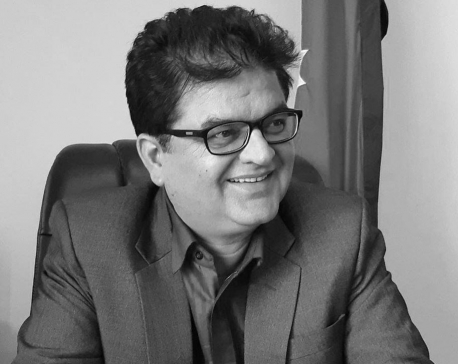
Chairperson of FDB Keshav Bhattarai no more
Chairperson of Film Development Board (FDB) Keshav Bhattarai is no more. He passed away on Sunday night due to cardiac... Read More...
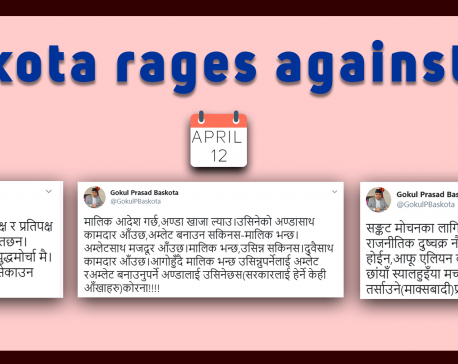
Former minister Gokul Baskota rages against top leaders
KATHMANDU, April 16: Gokul Prasad Baskota, who placed himself at the center of a non-stop media storm for several weeks... Read More...
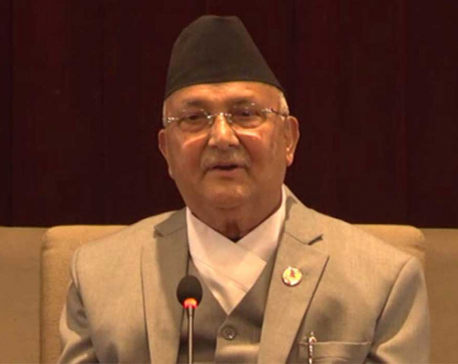
PM Oli will leave for US on Saturday
KATHMANDU, Sept 18: Prime Minister KP Sharma Oli will leave for the United States on Saturday, 22 September. ... Read More...

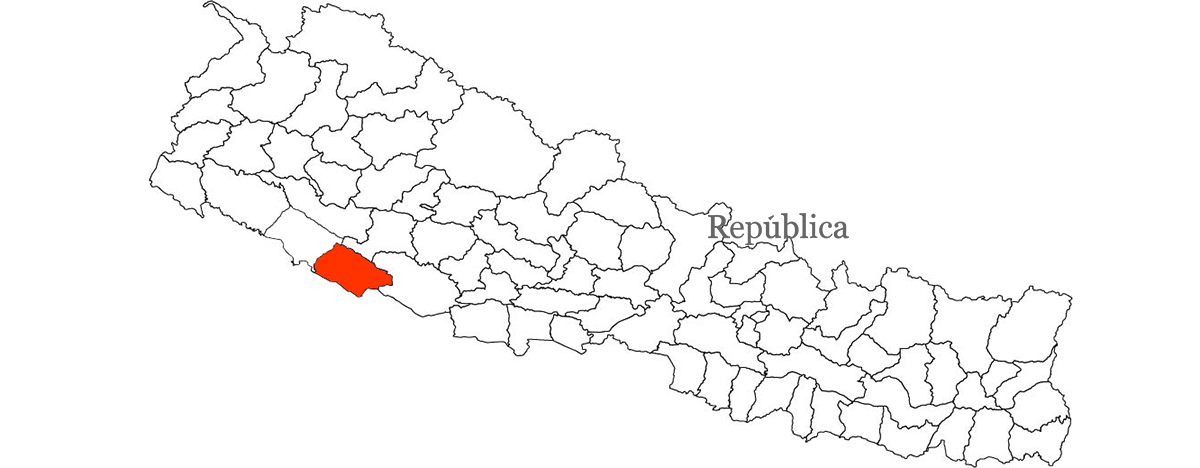
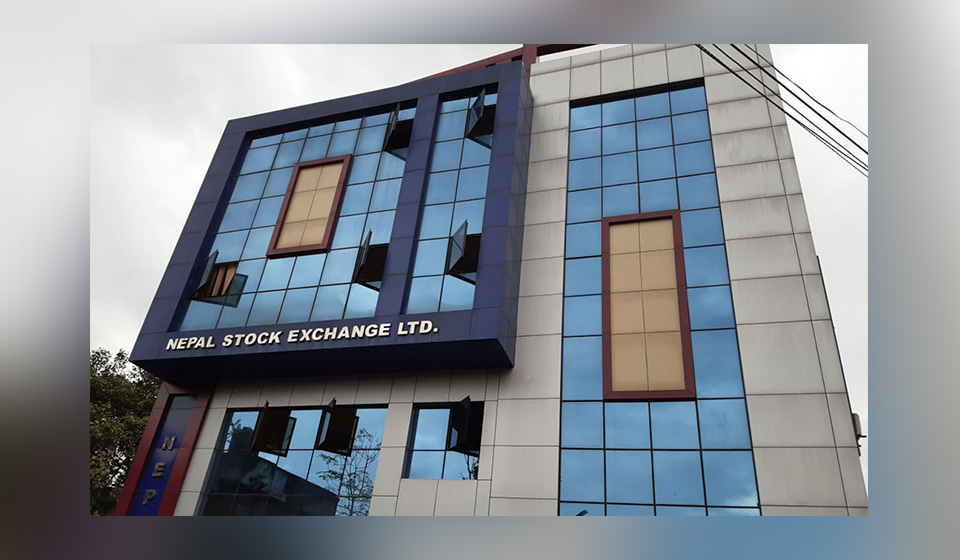
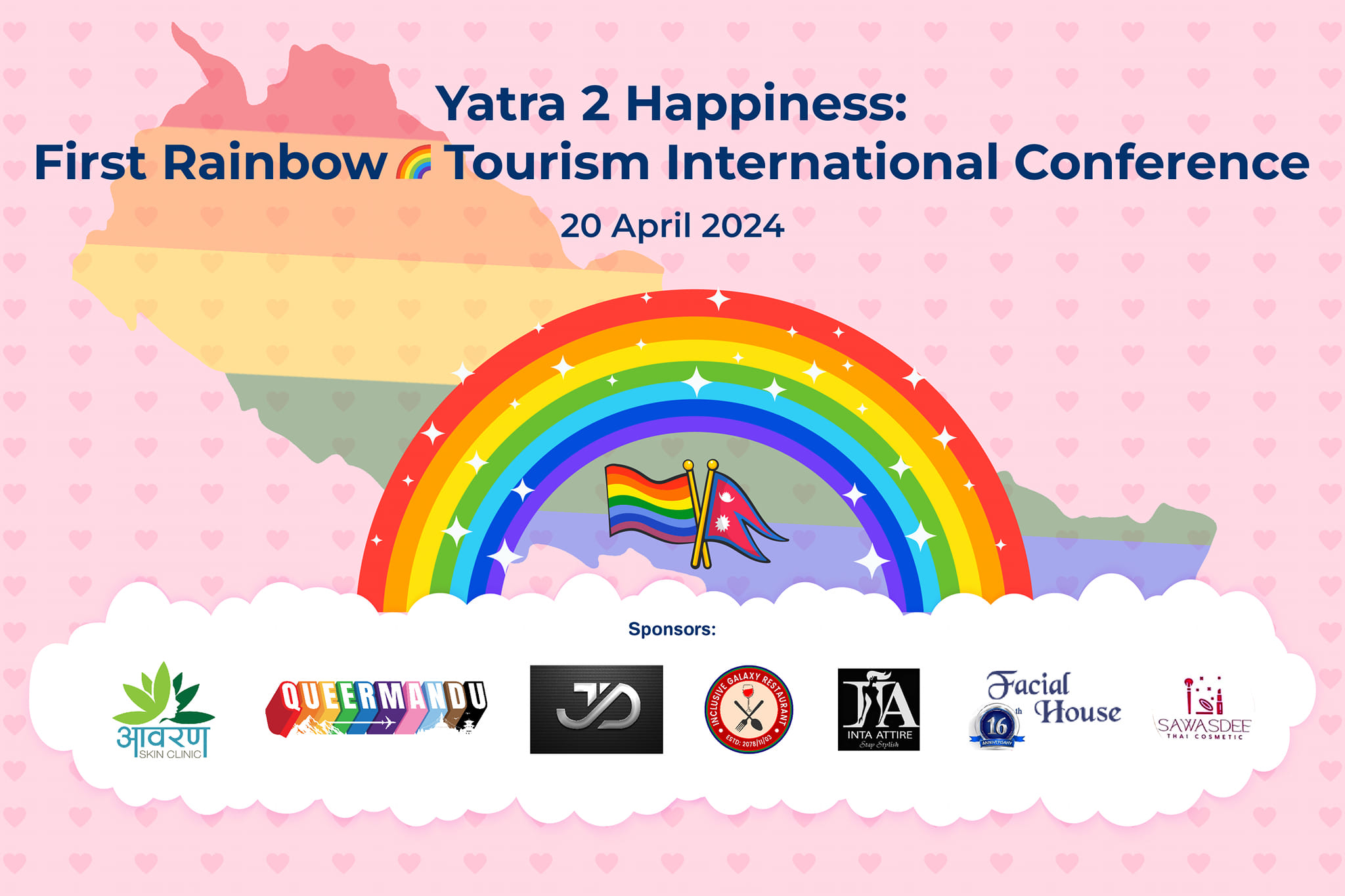
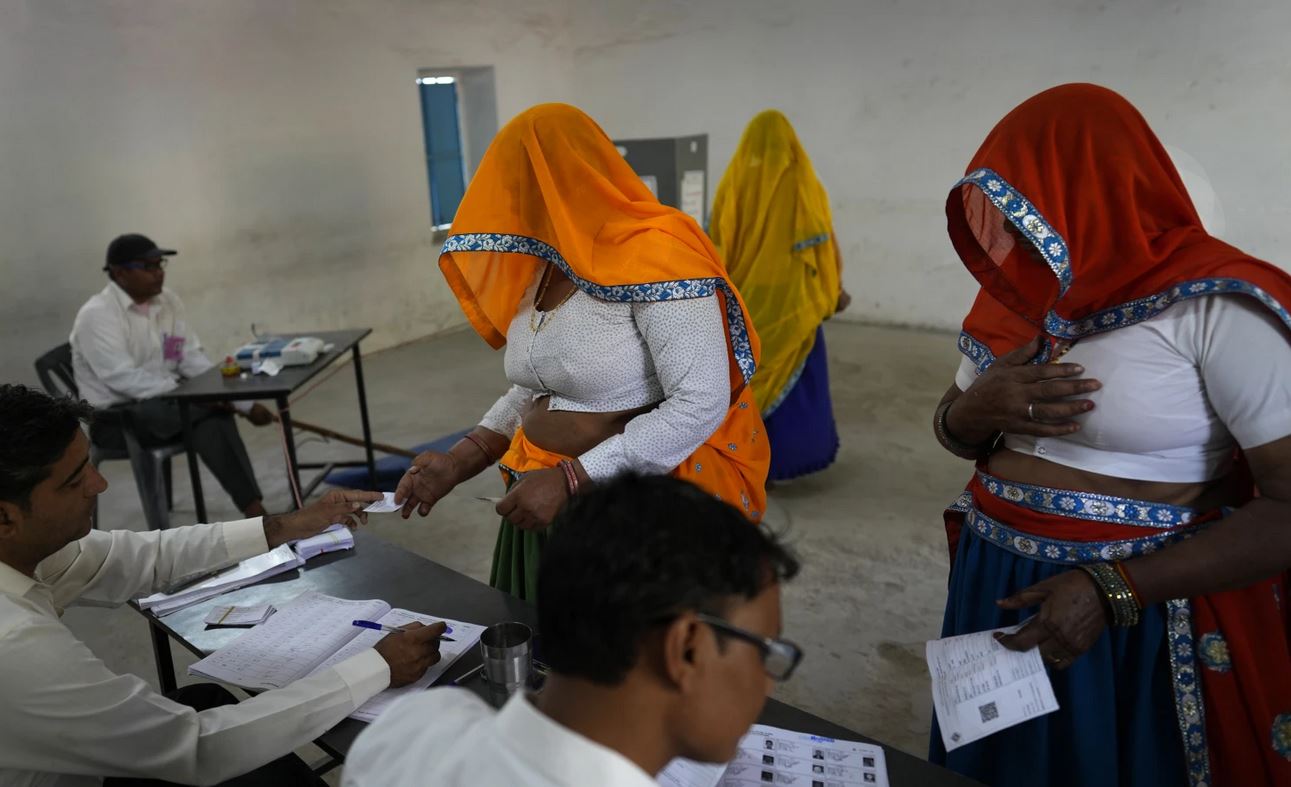

Just In
- 265 cottage and small industries shut down in Banke
- NEPSE lost 53.16 points, while investors lost Rs 85 billion from shares trading last week
- Rainbow tourism int'l conference kicks off
- Over 200,000 devotees throng Maha Kumbha Mela at Barahakshetra
- Indians vote in the first phase of the world’s largest election as Modi seeks a third term
- Kushal Dixit selected for London Marathon
- Nepal faces Hong Kong today for ACC Emerging Teams Asia Cup
- 286 new industries registered in Nepal in first nine months of current FY, attracting Rs 165 billion investment





_20220508065243.jpg)




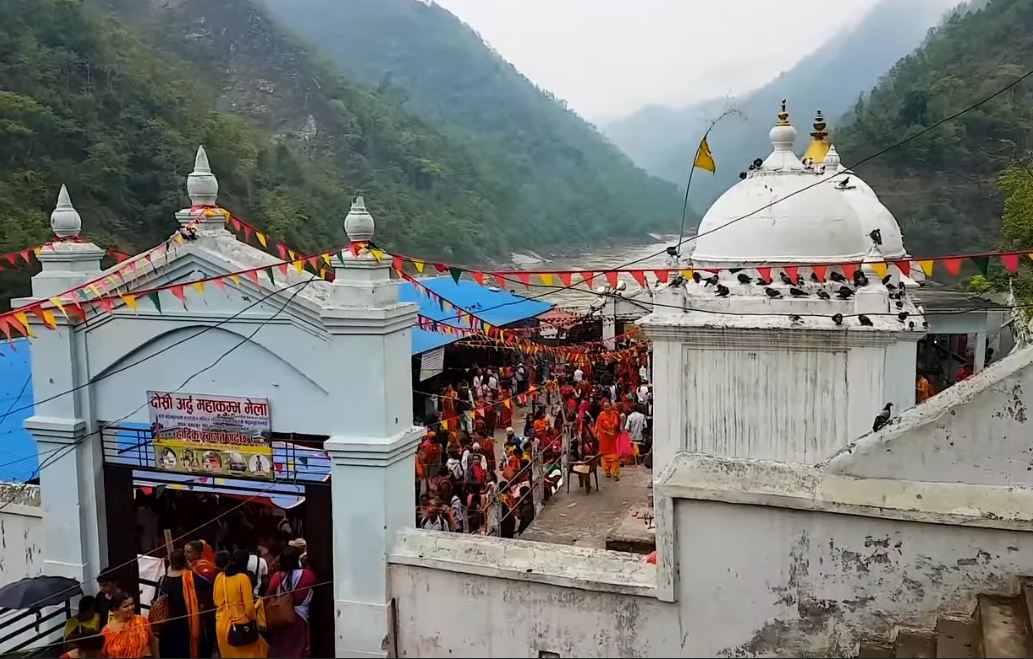

Leave A Comment